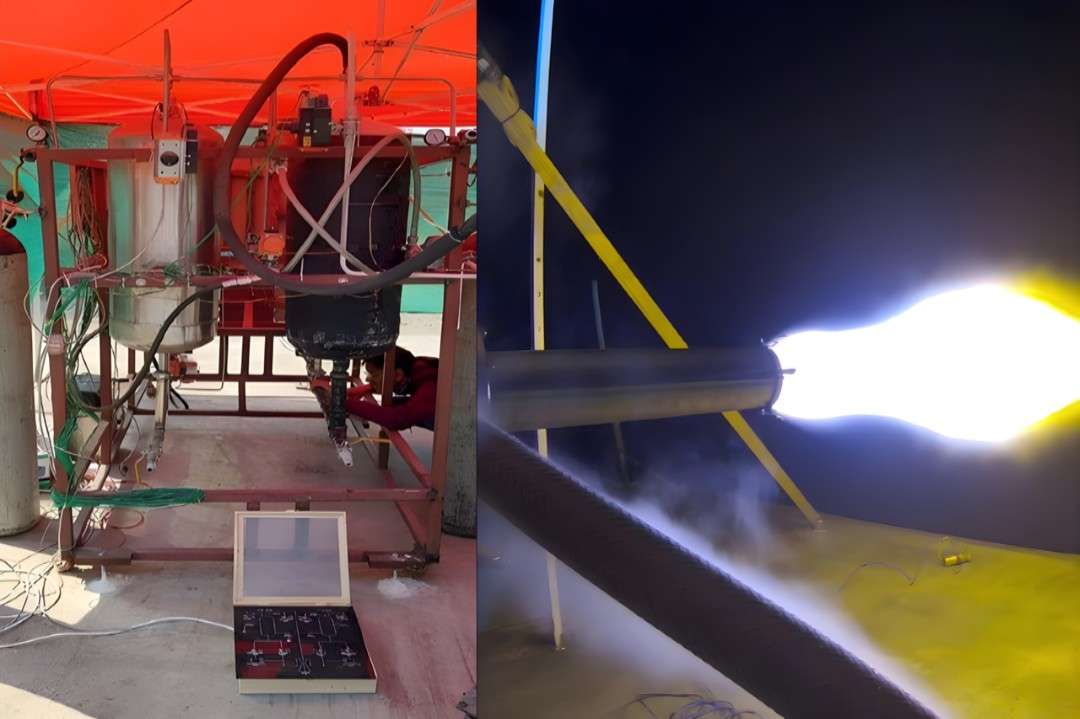Pune-based space technology venture Astrophel Aerospace has secured INR 6.84 crore (approximately USD 800,000) in a pre-seed funding round backed by individual investors and early-stage firms. The capital will be used to advance the development of a reusable semi-cryogenic launch vehicle and expand the company’s in-house capabilities in precision navigation and aerospace-grade systems.
The startup expects to roll out a working prototype for flight testing in the next two to three years. This milestone aligns with broader shifts in India’s space sector, including upcoming missions like Gaganyaan, Axiom-4, and the long-anticipated Space Activities Bill, which are expected to unlock fresh opportunities for private sector participation.
Astrophel is among a limited number of Indian companies to have independently built and successfully test-fired a semi-cryogenic engine. Remarkably, the team achieved this feat on a modest budget of just INR 6 lakh (USD 7,000), without prior external backing.
The company follows a modular design philosophy, borrowing techniques from the automotive industry to streamline production. Its Potentia C1U engine is a core part of its propulsion roadmap. Astrophel has also entered into a formal agreement with ISRO to collaborate on research and testing. According to estimates from IN-SPACe, India’s space economy is expected to grow fivefold, from USD 8.4 billion in 2022 to USD 44 billion by 2033, with over 8,500 small satellites projected to be launched worldwide during the decade.
“India’s private space sector is at an inflection point,” said Suyash Bafna, Co-founder of Astrophel. “We’re building reusable systems and precision components aimed at lowering costs and improving access to space.” In addition to propulsion systems, Astrophel is working with a publicly listed Indian manufacturer to jointly produce cryogenic valves, which have applications in both civilian and defence aerospace sectors.
“Reusable rockets and advanced propulsion systems remain among the most demanding engineering challenges in the sector,” added Immanuel Louis, Co-founder. “This funding enables us to stay focused on execution while pushing forward with R&D.” With its first suborbital launch approaching, Astrophel is positioning itself as a next-generation launch infrastructure company designed to support India’s rising ambitions in outer space.
Astrophel Aerospace is an Indian company developing low-cost, dedicated launch solutions for small satellite missions using semi-cryogenic engines. Its Astra C1 vehicle series and proprietary Potentia propulsion system place it among the few private firms in India to have independently tested such technology, which it accomplished in August 2023 without any outside capital.
Astrophel is supported by a technical advisory group that includes former leaders from ISRO, DRDO, and HAL, who provide guidance across propulsion, systems engineering, and aerospace policy. The firm’s vision is to lower barriers to satellite deployment and contribute to the next phase of India’s space journey.







